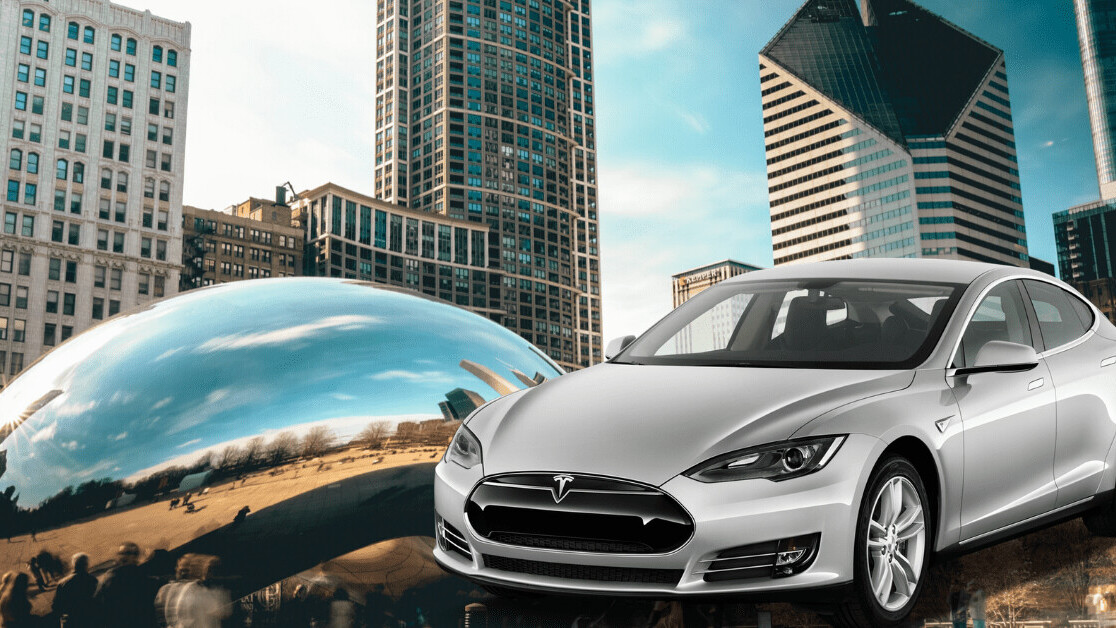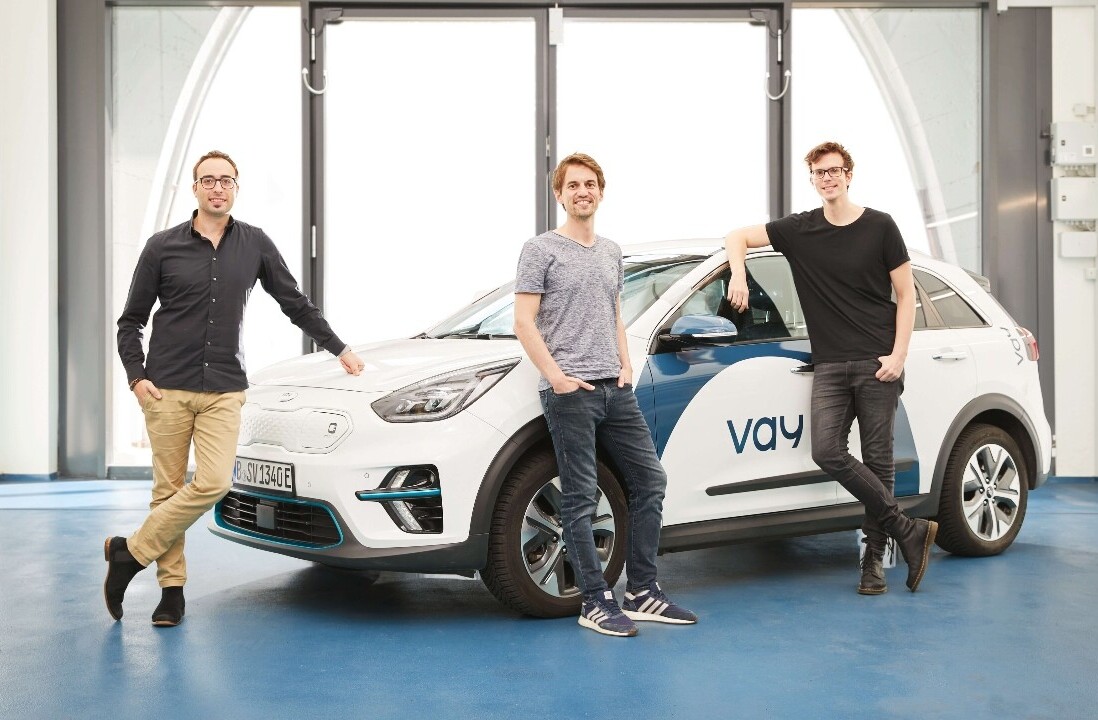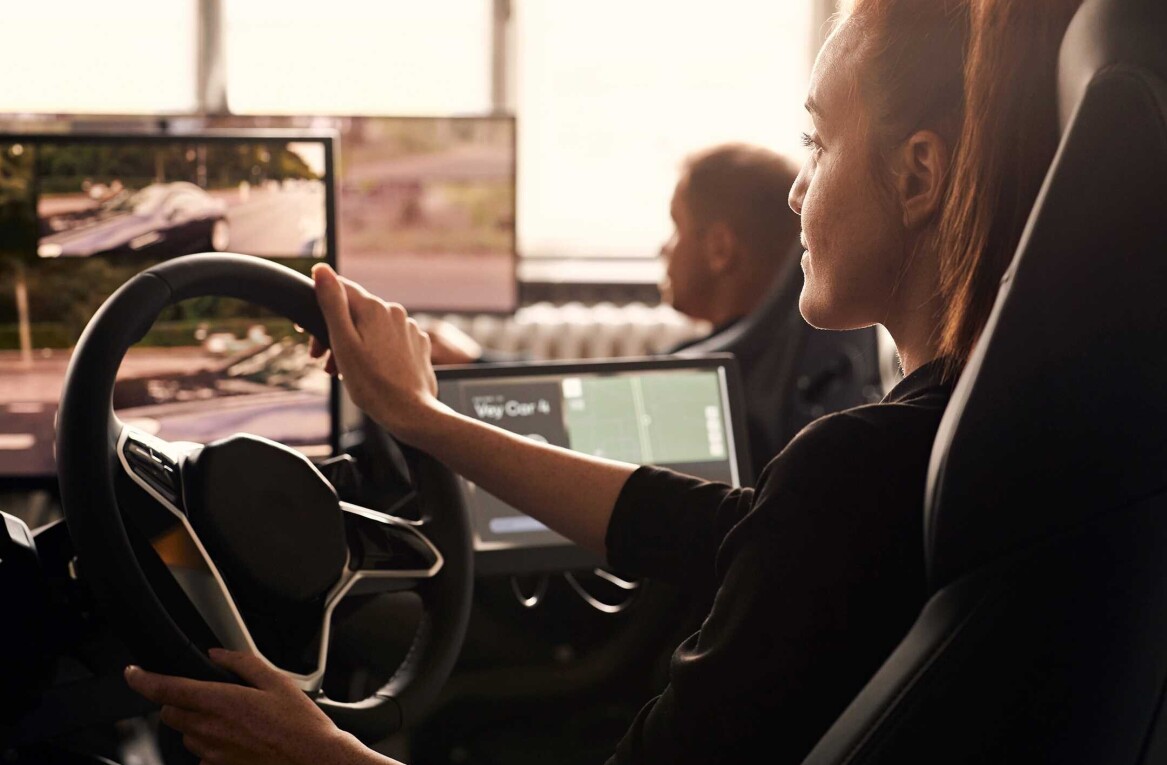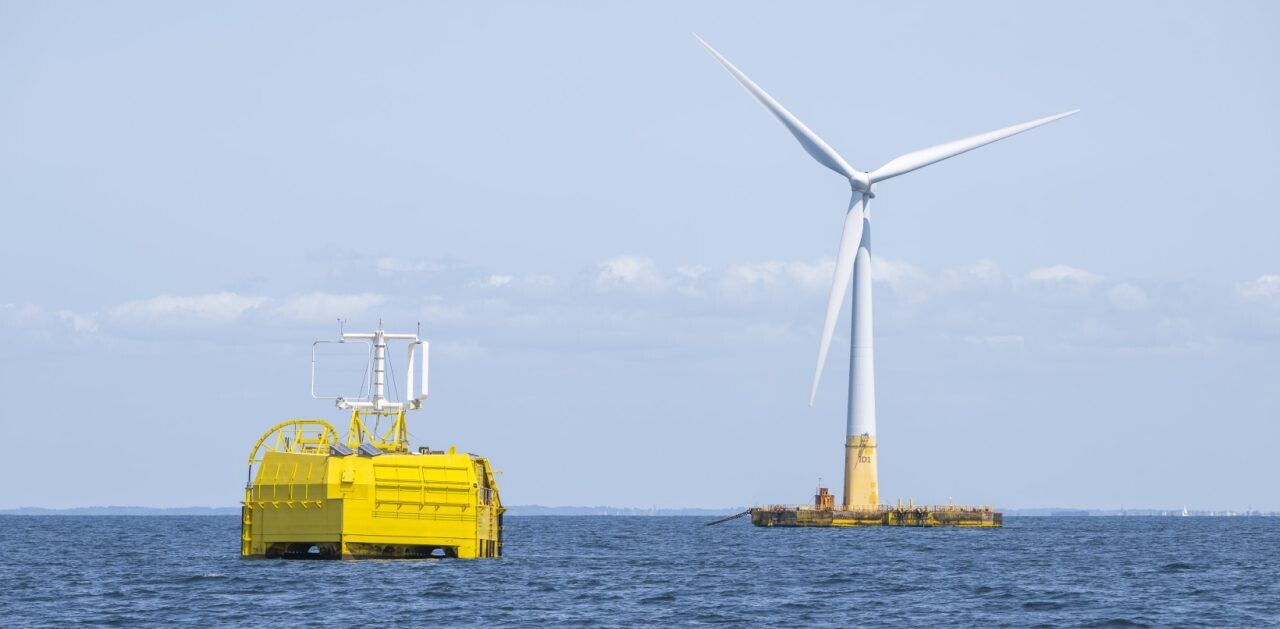
Chicago’s Mayor, Lori Lightfoot, and the Chicago City Council have passed an ordinance to ensure that more residential and commercial developments are equipped to support electric vehicles (EVs).
In new residential buildings with five or more dwelling units (reduced from 24) and commercial buildings with 30 or more parking spaces (reduced from 50), at least 20 percent of bays must be ready for Electric Vehicle Supply Equipment (EVSE) to be installed.
Additionally, all applicable properties must have at least one EVSE-ready space that is accessible to people with disabilities.
The city said the ordinance was developed in response to growing EV sales in the US. It is estimated that by 2040, 57 percent of all new cars sold will be EVs and a recent survey found that 16 percent of Americans say they are likely to buy an EV as their next vehicle.
Climate goals
“I am pleased to see the city taking another step toward becoming more environmentally sound through increasing the ease and accessibility for Chicago residents to own and operate electric vehicles,” said Mayor Lightfoot. “Having more electric vehicles and fewer gas-powered vehicles on our streets will help move Chicago closer toward meeting its ambitious climate goals in the years to come – making Chicago a cleaner city for all who live and work here.”
The ordinance includes measures to make EVSE installation easier and much cheaper than retrofitting.
Chicago has pledged to use 100 percent renewable energy for all municipal buildings by 2025 and all city buildings by 2035, and for the Chicago Transit Authority’s bus fleet to be all-electric by 2040.
This article was originally published by Sarah Way on Cities Today, the leading news platform on urban mobility and innovation, reaching an international audience of city leaders. For the latest updates follow Cities Today on Twitter, Facebook, LinkedIn, Instagram and YouTube, or sign up for Cities Today News.
Get the TNW newsletter
Get the most important tech news in your inbox each week.





